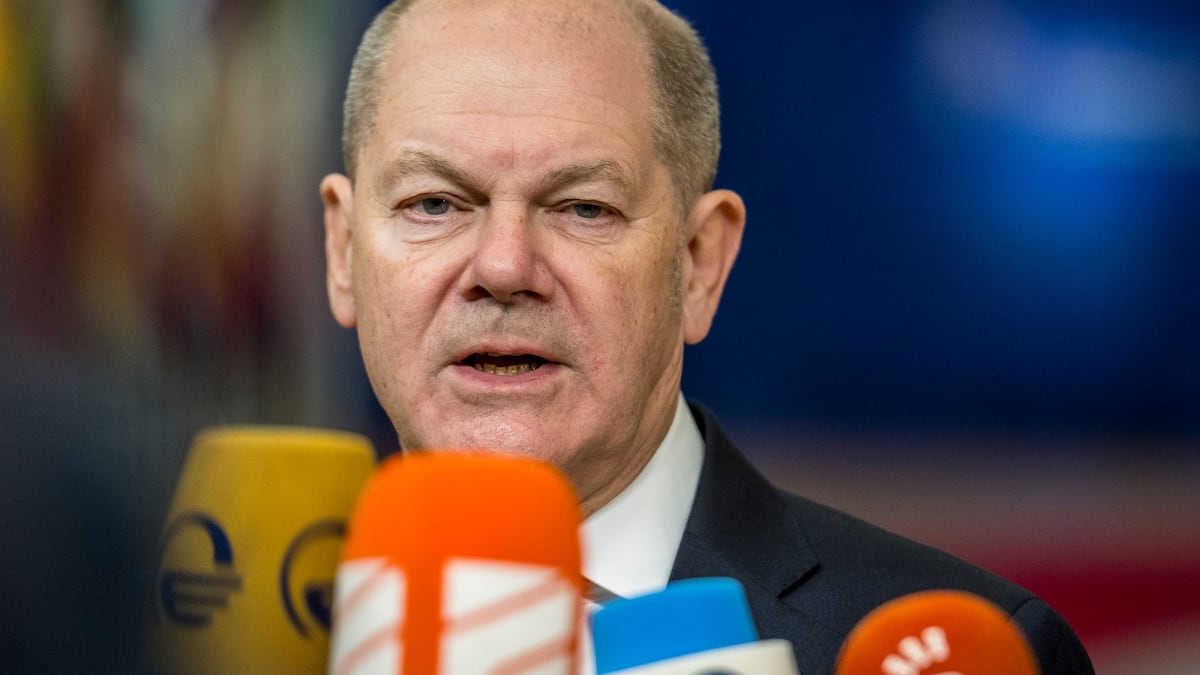- Trump's support for Bitcoin strategic reserve fund poised to be a major issue next year.
- German political leaders entertain idea of sovereign Bitcoin.
- Early mover El Salvador now manages 6,000 coins.
A version of this story appeared in our The Guidance newsletter on December 30. Sign up here.
For ages, Bitcoin champions have dreamed of plugging their beloved cryptocurrency into the way nations manage their money.
The idea was long dismissed as crazy. And in many quarters, including crypto redoubts, it still is a bit of a non-starter.
A manifesto
But something has changed. The notion is catching on.
Germany’s centrist Free Democratic Party just included a provision for integrating Bitcoin and blockchain-based assets into the nation’s financial system as part of its latest manifesto.
Given Germany’s record as a conservative steward of public finances, this is kind of huge.
It wasn’t that long ago when German political leaders hectored their Greek and Italian counterparts for mismanaging financial risks. Now they’re entertaining the idea of embracing one of the world’s most volatile assets.
Then again, Europe’s biggest economy is in the throes of a political crisis following a vote of no confidence in Chancellor Olaf Scholz on December 16.
Garnering a big shout-out from Elon Musk, the hard-right AfD party is ascendant ahead of elections in February. Could the world’s richest person be eyeing the synergy of Bitcoin and disruptive politics?
This was a major narrative in the US election. President-elect Donald Trump embraced the idea of a Bitcoin strategic reserve back in July and instantly solidified the allegiance — not to mention funding — of crypto folk.
One big problem
But as DL News columnist Wolfgang Münchau wrote, the mechanics of producing a Bitcoin reserve are complicated.
Should Trump classify Bitcoin as a semi-official currency, he could use the “exchange stabilisation fund” to buy Bitcoin without the approval of Congress.
The problem: This may restrict the Trump administration’s flexibility for lowering the value of the greenback, which could be important if the White House wanted to, say, make US exports more competitive in global markets.
Moreover, if Trump redefines Bitcoin as a quasi-reserve asset in competition with the dollar, this could shake confidence in a currency that has anchored the global financial system for the last eight decades.
The fallout might upend the global economy in unforeseen ways.
El Salvador cashes in
In the meantime, struggling nations such as Argentina and the Central African Republic are following El Salvador’s lead in integrating Bitcoin into their fiscal policies.El Salvador, an early mover on utilising Bitcoin in its economy, has amassed 6,000 coins in its reserves, which are worth $563 million.
“Thank goodness, our country’s Bitcoin reserves are now worth 127% more than we paid for them — an increase of more than $344 million,” Bukele wrote on Facebook on December 5.
As other national leaders see such eye-popping returns, you can bet the momentum for sovereign Bitcoin is bound to pick up. It may not matter how complicated the move may be.
Edward Robinson is the story editor for DL News. Contact the author at ed@dlnews.com.
